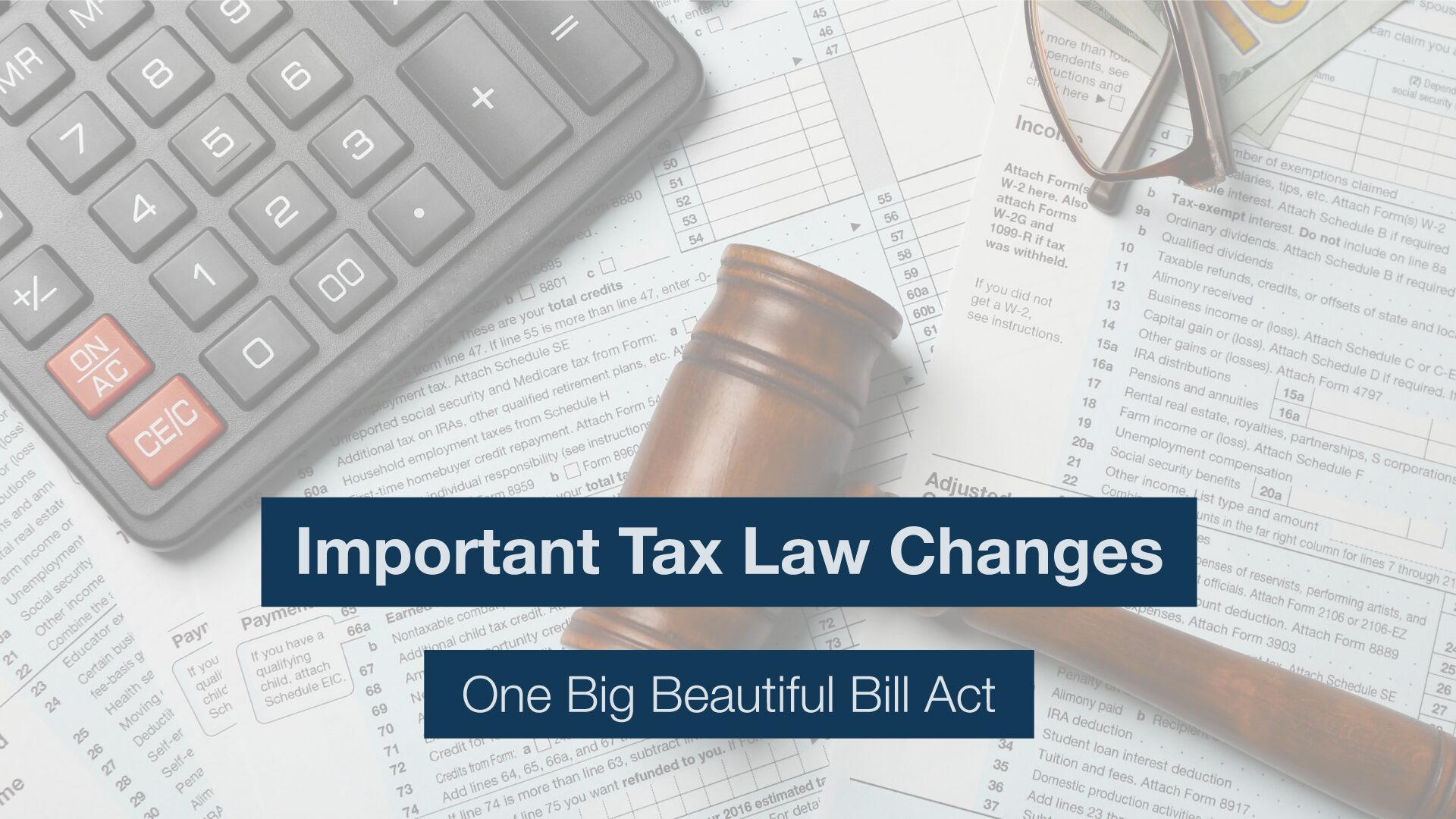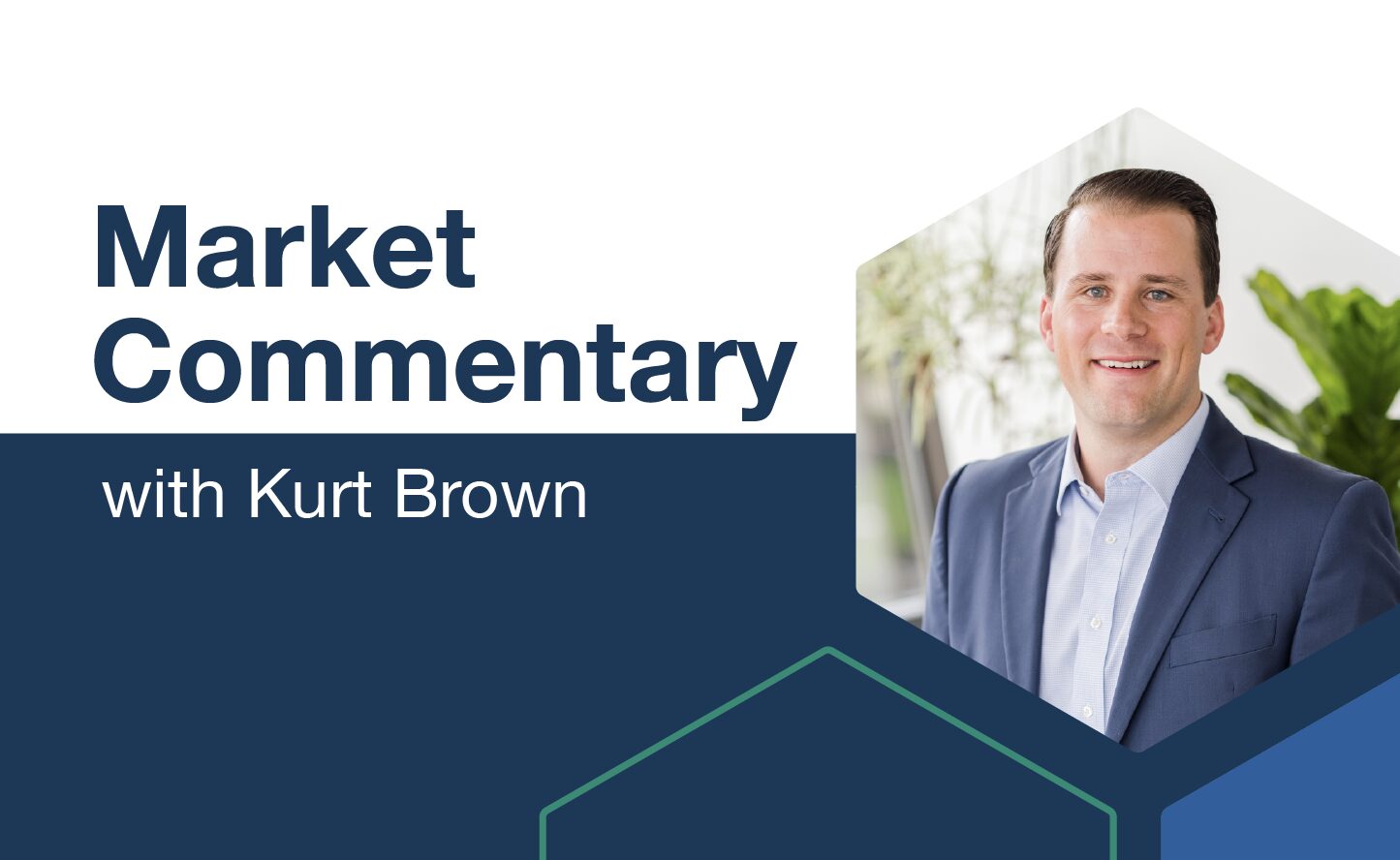January 2017 Financial Markets Summary
As we noted in December’s Summary, 2016 was a year of surprises. The biggest surprise for many Americans was Donald Trump’s election win. But just what does that election really mean in terms of potential changes? Federated Investors notes “the GOP sweep promises a lot of changes: repatriation and lower tax rates for businesses, a tax cut for individuals, ramped-up spending on defense and infrastructure, financial and environmental deregulation, and the end of the Affordable Care Act as we know it.” But the thing is there are not any clear answers as to what the new President’s actual impact and influence will be, given his prior strained relations with GOP party regulars. Even assuming the fastest legislative process available, it is possible tax reform will take until August at the earliest for anything to be achieved. Remember that it took almost two years after Reagan’s landslide win in 1984 for tax reform to become law.
There may be significant economic growth if the business-friendly platform becomes a reality. In the meantime, we would not be surprised to see continued volatility in stocks and bonds. The Fed has indicated it plans to raise the Fed Funds Rate two or three times in 2017. If these increases continue along the line of the previous one-quarter percent jumps, that is likely not a huge problem. But larger increases would certainly be problematic and could pressure long-term bonds.
As for trade tariffs and other protectionist actions, the current rhetoric is similar to that of the late 1920s. Then, President Hoover signed the Smoot-Hawley Tariff Act, and in less than two years, world growth ground to a halt, helping to launch the worldwide Great Depression. U.S. growth shrank 33% in four years. Goldman Sachs believes ultimately that President Trump will talk tough on trade but carry a little stick. He will likely do something in the first 100 days, but how big of a stick he will use is anyone’s guess. For sure, the markets could be rocky if trade headwinds become reality.
The current economic expansion, as anemic as it has been, turns 91 months old this month. Interest rates and inflation are still very low. We expect the new administration’s pro-growth efforts will perk up growth and some believe this will delay a recession as much as 2-3 more years. But the fact remains that events beyond the control of any government can change sentiment in the blink of an eye. So folks should not start singing “Happy days are here again” without having some kind of safety net in place. We still believe that a diversified investment allocation remains a solid long-term strategy for investors. Certainly after all the surprises that happened in 2016, we should all recognize that today’s headlines and tomorrow’s reality are seldom the same. If you are going to bet, choose your bets carefully. Check the numbers below.
| Asset Index Category | Category | Category | Category | 10-Year |
| 3 Months | 2016 YTD | 2015 | Average | |
| S&P 500 Index – Large Companies | 3.2% | 9.5% | -0.7% | 4.7% |
| S&P 400 Index – Mid-Size Companies | 6.9% | 18.7% | -3.7% | 7.5% |
| Russell 2000 Index – Small Companies | 8.4% | 19.4% | -5.7% | 5.6% |
| MSCI ACWI – Global (U.S. & Intl. Stocks) | 0.8% | 5.6% | -4.3% | 1.4% |
| MSCI EAFE Index – Developed Intl. | -0.7% | 1.0% | -3.3% | 0.8% |
| MSCI EM Index – Emerging Markets | -4.6% | 11.2% | -14.9% | 1.8% |
| Short-Term Corporate Bonds | -0.5% | 2.1% | 0.2% | 2.6% |
| Multi-Sector Bonds | -3.0% | 2.7% | -2.1% | 4.3% |
| International Government Bonds | -11.1% | 1.6% | -3.9% | 2.6% |
| Bloomberg Commodity Index | 2.7% | 11.7% | -24.6% | -5.6% |
| Dow Jones U.S. Real Estate | -3.1% | 7.6% | 2.1% | 3.9% |
Please remember that past performance may not be indicative of future results. Different types of investments involve varying degrees of risk, and there can be no assurance that any specific investment, strategy, or product or any non-investment related content, made reference to directly or indirectly in this newsletter, will be suitable for your individual situation, or prove successful. This material is distributed by PDS Planning, Inc. and is for information purposes only. Although information has been obtained from and is based upon sources PDS Planning believes to be reliable, we do not guarantee its accuracy. It is provided with the understanding that no fiduciary relationship exists because of this report. Opinions expressed in this report are not necessarily the opinions of PDS Planning and are subject to change without notice. PDS Planning assumes no liability for the interpretation or use of this report. Consultation with a qualified investment advisor is recommended prior to executing any investment strategy. No portion of this publication should be construed as legal or accounting advice. If you are a client of PDS Planning, please remember to contact PDS Planning, Inc., in writing, if there are any changes in your personal/financial situation or investment objectives. All rights reserved.



